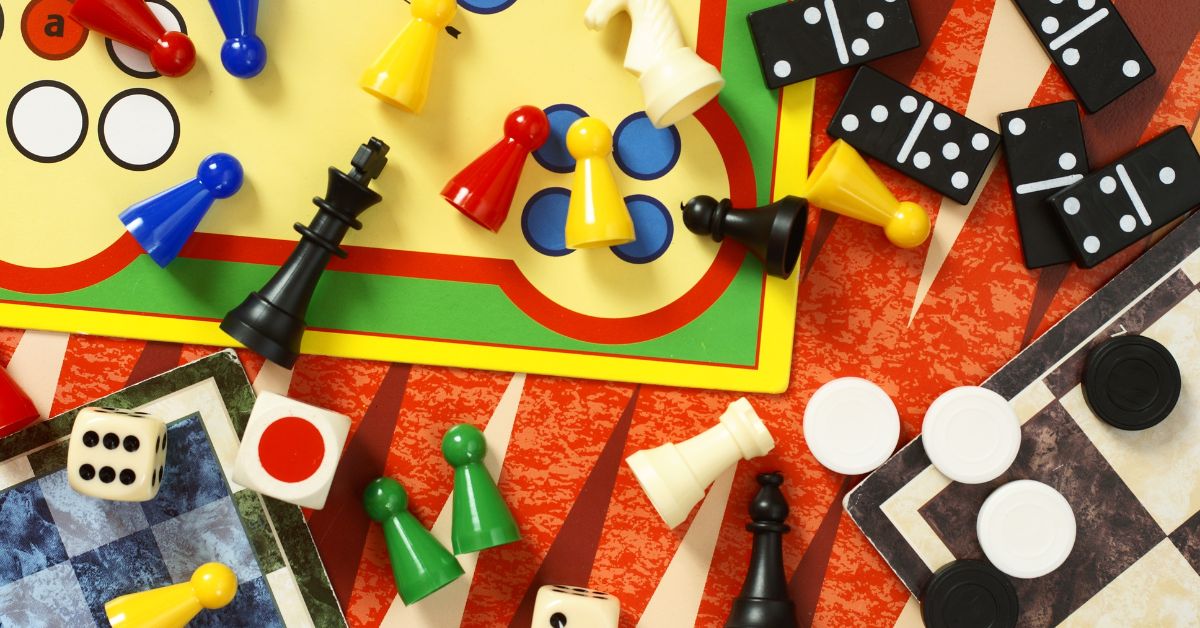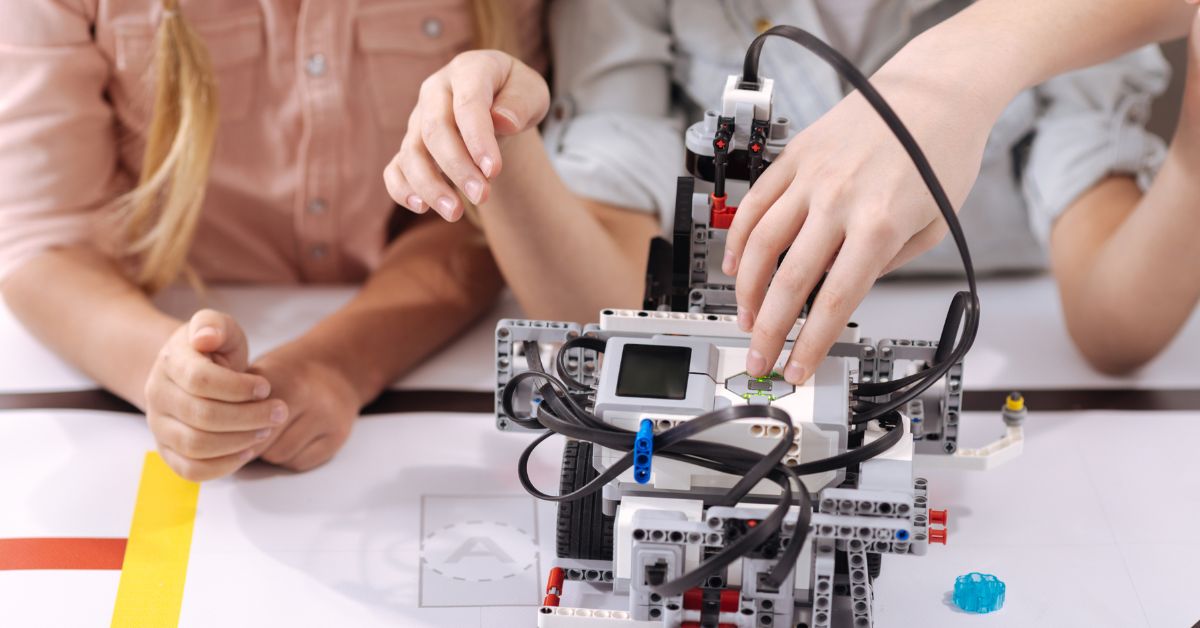Learning is a never-ending process. One needs to refresh their knowledge and seek to broaden it continuously. Here, curiosity plays a critical role, as one must always be open to new experiences and absorbing knowledge. If you or your child are interested in coding, read on! We’ll check out how curiosity and coding go hand in hand.
What is Curiosity?
Curiosity refers to the desire of knowing something, like a new idea, concept, or person. When a student is curious, they want to expand upon their current knowledge in their mind. Hence, while teaching children, one should use methods to elicit their curiosity. It is possible to do this through interactive quizzes, skill assessments, coding competitions, and other exciting teaching techniques.
How a Spark of Curiosity Helps a Young Coder?
A curious young coder is most likely to go a long way and excel in his field, while in the pursuit of increasing his/her knowledge in the field of computers. Let’s take a look at how they are able to do so, and here are some benefits of evoking curiosity in young aspiring coders:

- Encourages Optimism
When children are curious, they are more likely to feel excited about learning new concepts. Therefore, they will have a positive outlook towards coding and will certainly be optimistic about their curriculum. Whether it’s game development, website development, or any other project, a curious student is likely to study each topic in detail.
- Improves ideation
When a child is curious, the area of their brain that encourages them to seek rewards gets activated. When that particular brain circuit gets nudged, the brain releases the neurotransmitter, Dopamine, also called the ‘feel good’ hormone. This plays a role in ensuring the child’s memory development and motivation.
A curious student is likely to retain previously learned facts in their mind and ideate fresh coding ideas. The better their grasping power is, the more they are likely to progress from basic to advanced coding concepts.
- Encourages Innovation
A curious student is likely to apply what he or she has explored and learned on practical ventures. They keep on striving to develop a successful product or provide a high-quality service.
- Ensures Open Mindedness
One important thing for a student is to keep an open mind while coding. When children do not restrict their thinking, they are likely to develop innovative ideas. For example, keeping an open mind encourages students to think of new ways of writing code to execute projects.
- Path to Self-Sufficiency
When a student is curious about coding, they are also likely to become more self-sufficient. They may research coding projects they can execute independently and solve coding-related challenges. Here, the children want to seek prestige by solving problems on their own. They want to know where they stand when it comes to tech knowledge.
- Ensures High Academic Performance
According to research by the Association for Psychological Science (2011), curiosity impacts academic performance. The research consisted of 200 studies on 50,000 students. It concluded that curiosity influences academic performance to a large effect. This is because if a child’s curiosity is evoked, it can improve their performance on coding tests.
- Increases Happiness
When students code, they are happier. Statistics show that curiosity is linked to positive emotions, life satisfaction, and psychological well-being. (Source: Taylor & Francis Online) Happier children are more likely to stay engaged with their coding classes. They are also more likely to work on innovative projects if they feel their course curriculum is engaging.
With the knowledge of how curiosity is essential for students, we hope you are ready to enrol your child in a course that evokes this curiosity in them. If you liked reading this blog, you can also read, ‘’How Does Learning to Code Have a Lifelong Impact On Kids?”













